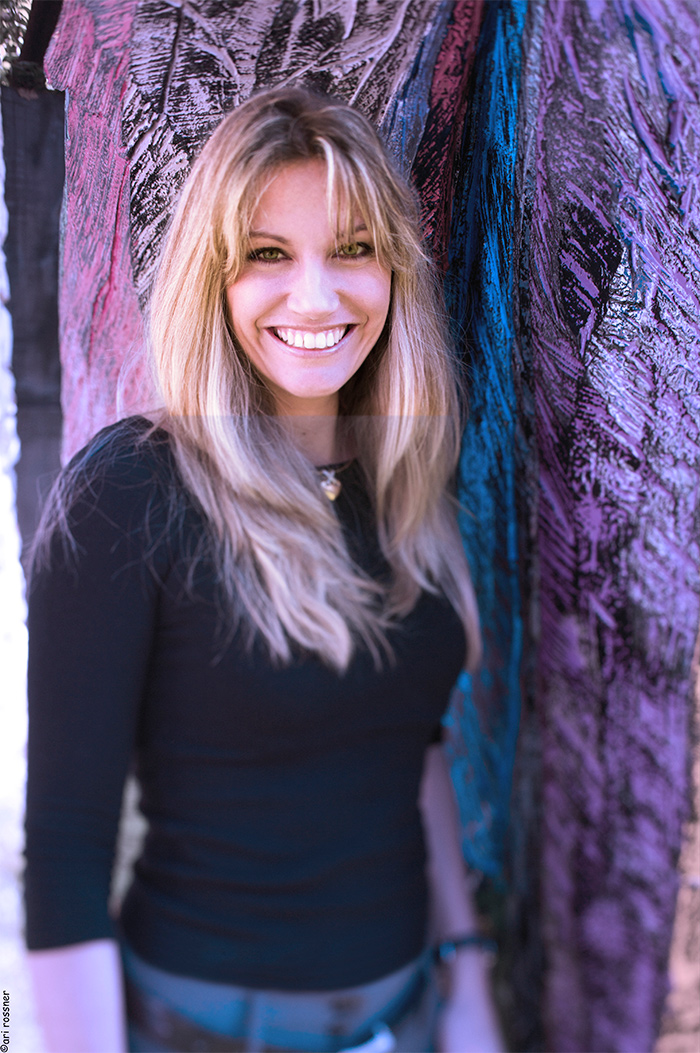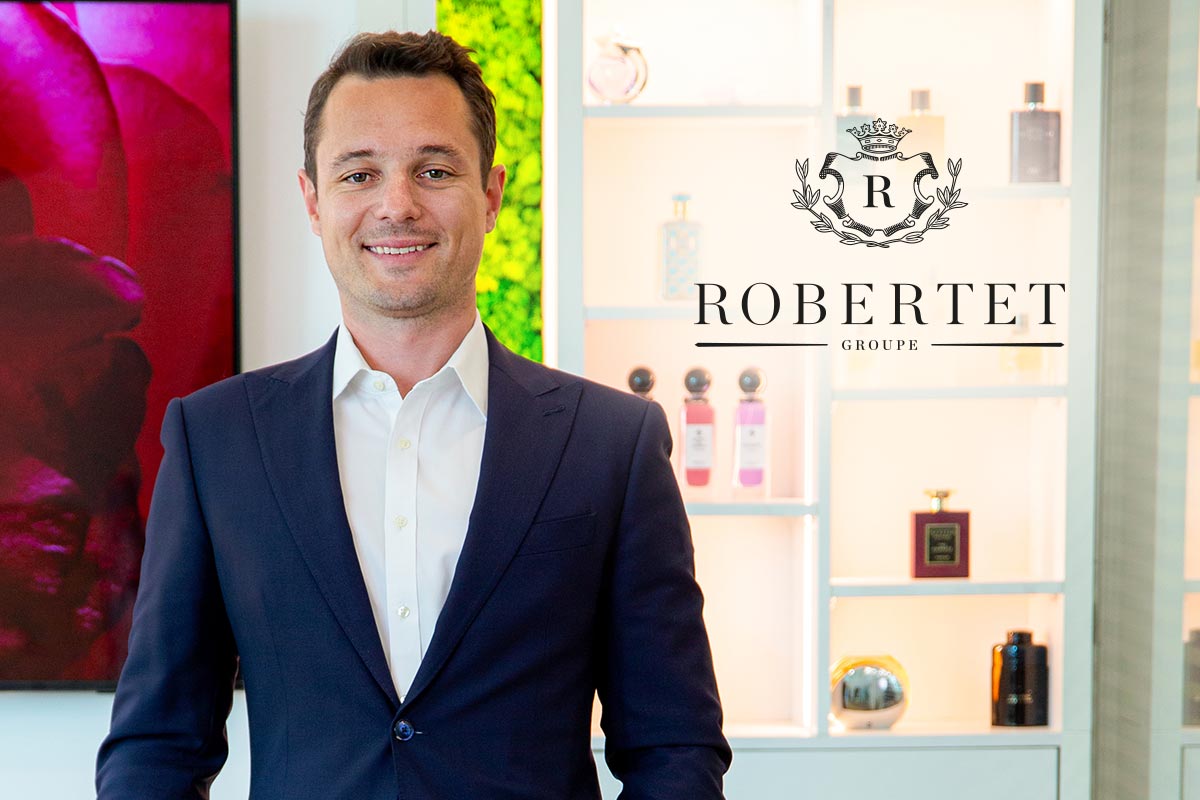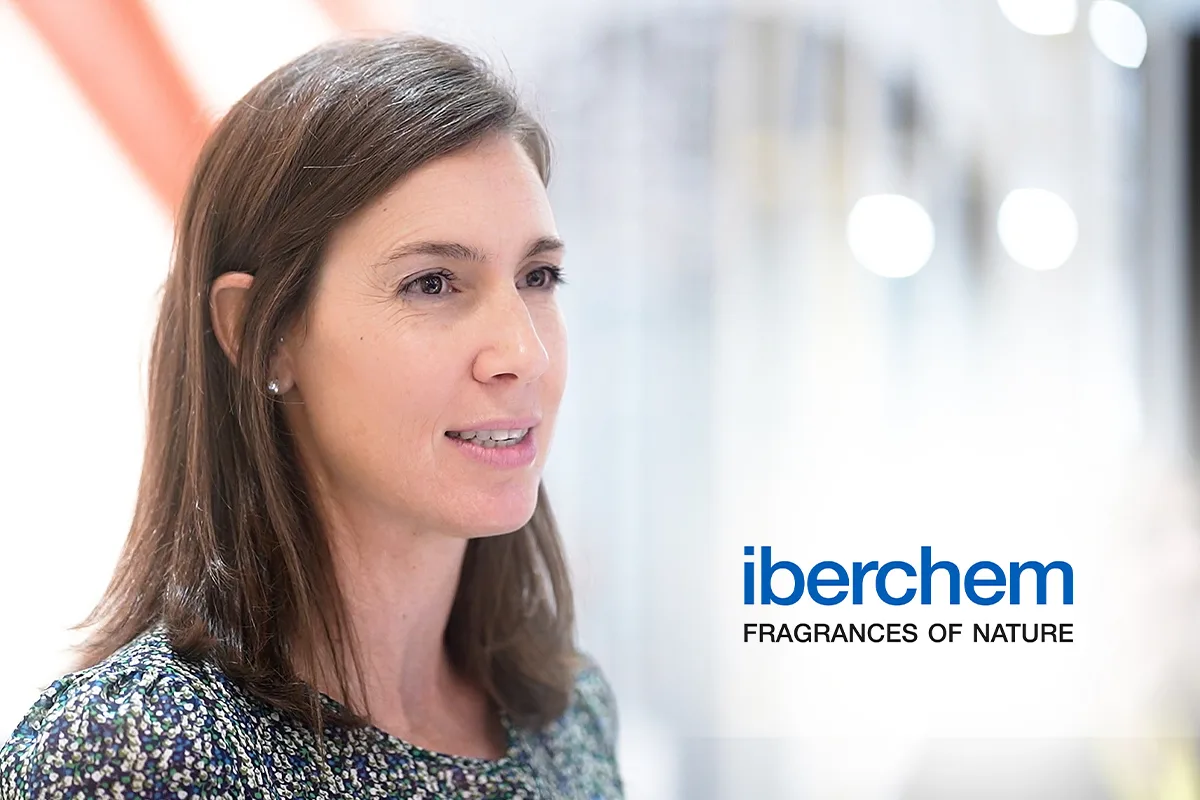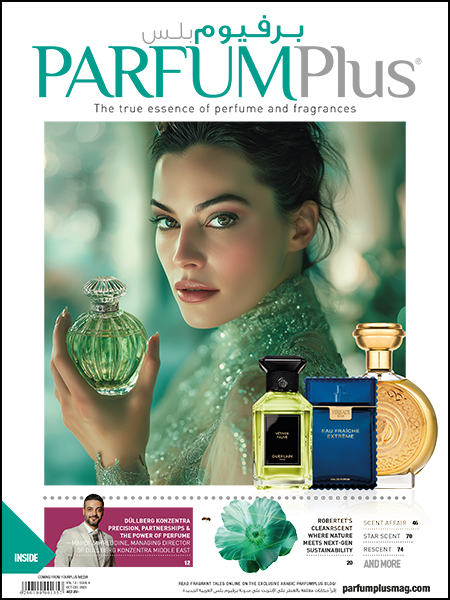Perfumer Emilie Bouge talks to ParfumPlus about her association to Robertet, her inspiration behind creating fragrances and her upcoming projects
ParfumPlus (PP): What does a perfume mean to you?
Emilie Bouge (EB): We wear perfume both for ourselves and for the others. For us, it is echoing to our animal instinct, reassuring us in our social position, giving us pleasure and making us feel confident. For others, our perfume delivers a subliminal message informing them about who we are or who we would like to be.
PP: Given the perfumery background in your family, was perfumery an obvious career choice for you or were you motivated by a particular incident?
EB: In a perfumer’s family, not being a perfumer is the exception. Being a perfumer is a passion-driven ambition, given my family background.
This happened more precisely during the summer when I turned 18. I realised, then, thanks to long discussions with my cousin who is a famous perfumer, that I truly wanted to become one myself and that it was possible… I feel I could not have had a better career choice and still appreciate it everyday.
PP: Tell us something about your association to Robertet?
EB: I have been working with Charabot since my early perfumery years. Robertet and Charabot share this common passion for natural raw ingredients and a great expertise (more than 400 years of history together !) that places the group as the international leader in that field.
We also share a typical French and Southern-Grasse vision, and know-how, although having different cultures, this enrich us mutually. This new cooperation opens new perspectives to me, as the progress is linked with exchange and open-mindedness, keeping the best and unique French fragrance signature.
PP: How does it feel to be a part of the Middle East market? What are your expectations from this region. And what are the challenges you see yourself facing here?
EB: Middle-Eastern perfumery is definitely captivating and inspiring the West for several years. Oriental culture, especially Dubai, being a crossroad of two civilisations, is becoming the reference and a trendy place-to-be nowadays. The fragrance houses over here are evolving with an ambition of being the trendsetters with more creative fragrances.
The challenge for next year is to help them assume more of this new position, be more daring, by being more innovative and in coherence with their culture.
PP: How would you differentiate this market vis a vis the other countries that you have been associated with, in your tenure.
EB: Middle-Eastern perfumery is inherent of their culture. Fragrance is thus a key, and the price allowed in making the composition is often more important than other markets. Clients respect our work, they are faithfully confident. Perfumers are generally more involved in projects with direct and fruitful exchanges with the brand-owners. It gives us a bigger responsibility, much more opportunity for creativity and it is also much more exciting!
PP: What, according to you are the signature traits of a fragrance?
EB: Strangely, it is all the little imperfections, personal differences and inflexions, that one would notice and remember. They will of course differ from one customer to the other.
PP: Amongst your creations, which is your favourite perfume and why?
EB: Definitely in my recent collaboration with Rasasi for the Oudh Al Boruzz Asrar Indonesia which was a great occasion to write a story together between the encounter of a beautiful oriental raw material, oudh, and fresh, sparkling as well as transparent occidental accents in a luxury fragrance.
The best quality of each essence, from the Italian Orris, the Sicilian Mandarin to the Indonesian Oudh, no compromise on prices was made, only a shared love for aestheticism and surprise. This scent is about the alliance of darkness and light, a story of equilibrium, contrasts and of timeless beauty.
PP: Natural vs Synthetic, which according to you offers a better choice of ingredients when it comes to creating a fragrance?
EB: Natural raw material is the soul of a fragrance, that is what brings its inner beauty. It brings depth, magic and tells a story from their native soil. But they are always supported and magnified by synthetic ingredients to give it a structure from which pleasure is derived. Synthetics are the frame enhancing the natural jewel…
PP: Which is your favourite ingredient and why?
EB: At the moment, I like to play with Ambroxan. It has crystalline and has a powerful facet. In comparison with a crystal, that is composed of lead and glass, Ambroxan is a complex yet captivating contrasted ingredient which is elegant, radiant and soft yet everlasting.
PP: What is your take on the evolution of perfumery in the last decade, particularly the increasing use of oriental ingredients in perfumes?
EB: Over the past years, oriental ingredients have been widely used in perfumery, from niche to mass-market brands. A wind of exoticism, mysticism and luxury has been blowing over the fragrance industry. I believe the use of oriental ingredients is now set to evolve yet allow westerners to appreciate its deeper, stronger and opulent signature.
PP: Any new fragrances that you are working on and would want to share with our readers?
EB: I like to reinterpret well-known themes… I am actually working on a musky scent with the aim of getting back to the obscure, instinctive and animalic character…the DNA of true traditional musk. Most fragrance launches have explored a white, clean and pure aspect; I plan to reinvent a dark sensual musk…











